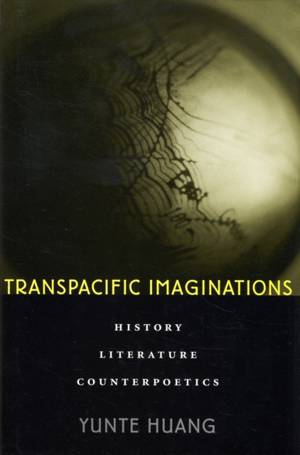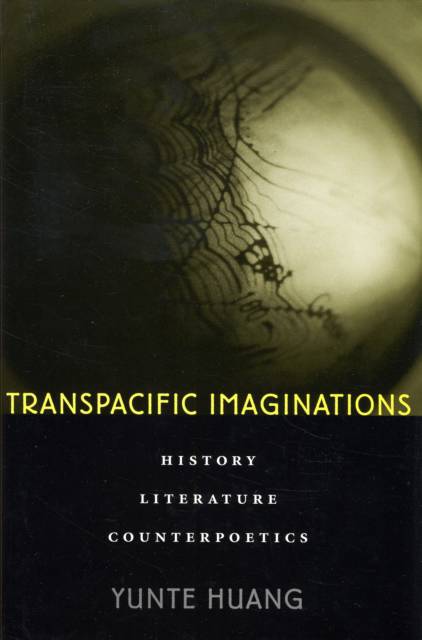
- Retrait gratuit dans votre magasin Club
- 7.000.000 titres dans notre catalogue
- Payer en toute sécurité
- Toujours un magasin près de chez vous
- Retrait gratuit dans votre magasin Club
- 7.000.0000 titres dans notre catalogue
- Payer en toute sécurité
- Toujours un magasin près de chez vous
94,95 €
+ 189 points
Description
Transpacific Imaginations is a study of how American literature is enmeshed with the literatures of Asia. The book begins with Western encounters with the Pacific: Yunte Huang reads Moby Dick as a Pacific work, looks at Henry Adams's not talking about his travels in Japan and the Pacific basin in his autobiography, and compares Mark Twain to Liang Qichao. Huang then turns to Asian American encounters with the Pacific, concentrating on the "Angel Island" poems and on works by Theresa Hak Kyung Cha, Lawson Fusao Inada, and Araki Yasusada.
Huang's argument that the Pacific forms American literature more than is generally acknowledged is a major contribution to our understanding of literary history. The book is in dialogue with cross-cultural studies of the Pacific and with contemporary innovative poetics. Huang has found a vehicle to join Asians and Westerners at the deepest level, and that vehicle is poetry. Poets can best imagine an ethical ground upon which different people join hands. Huang asks us to contribute to this effort by understanding the poets and writers already in the process of linking diverse peoples.Spécifications
Parties prenantes
- Auteur(s) :
- Editeur:
Contenu
- Nombre de pages :
- 202
- Langue:
- Anglais
Caractéristiques
- EAN:
- 9780674026377
- Date de parution :
- 01-02-08
- Format:
- Livre relié
- Format numérique:
- Genaaid
- Dimensions :
- 166 mm x 241 mm
- Poids :
- 439 g

Les avis
Nous publions uniquement les avis qui respectent les conditions requises. Consultez nos conditions pour les avis.






